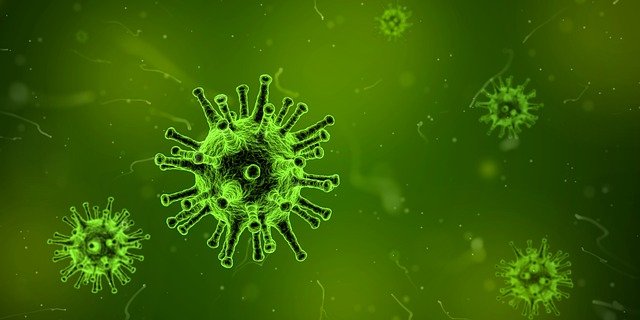June 13, 2022 — Only about a third of the adults who responded to a recent WebMD survey said that they know a lot about their family’s health history, while more than a quarter admitted to knowing little or none of it.
Slightly more respondents (37%) said that they know some of their family history than know a lot (35%), while 18% know a little and 10% do not know any of it, according to the results of a survey conducted May 25 to 31 among 753 U.S. consumers.
A lack of medical self-knowledge was shown when participants were asked if they knew their own blood type: 39% said that they do not. Those aged 45 years and older were significantly more likely to know than those under 45 (71% vs. 53%), and women were more likely than men (66% vs. 54%), although that difference did not quite reach statistical significance.
More than half (57%) of the survey respondents reported that they schedule and maintain regular doctor visits, although there was a major gap between younger adults, of whom only 41% regularly schedule such visits, and the 76% of older adults who see a doctor regularly.
None of the three health indicators that might have been reported at such encounters in the past 12 months received a majority response. Cholesterol levels had been measured for 46% of participants, followed by 43% for body mass index (BMI) and 11% for bone density levels. There were statistically significant gaps by age for cholesterol (68% vs. 28%) and bone density (18% vs. 5%), with the group aged 45 and older in the majority in both cases.
About three-quarters of those who had their cholesterol and bone density measured in the past 12 months knew the results, with BMI slightly higher at 80%. No significant difference was seen by age for any of the three.
It’s worth noting that the respondent population skewed heavily toward the older population – 74% were aged 45 and older – and toward females, who represented 65% of the cohort.

